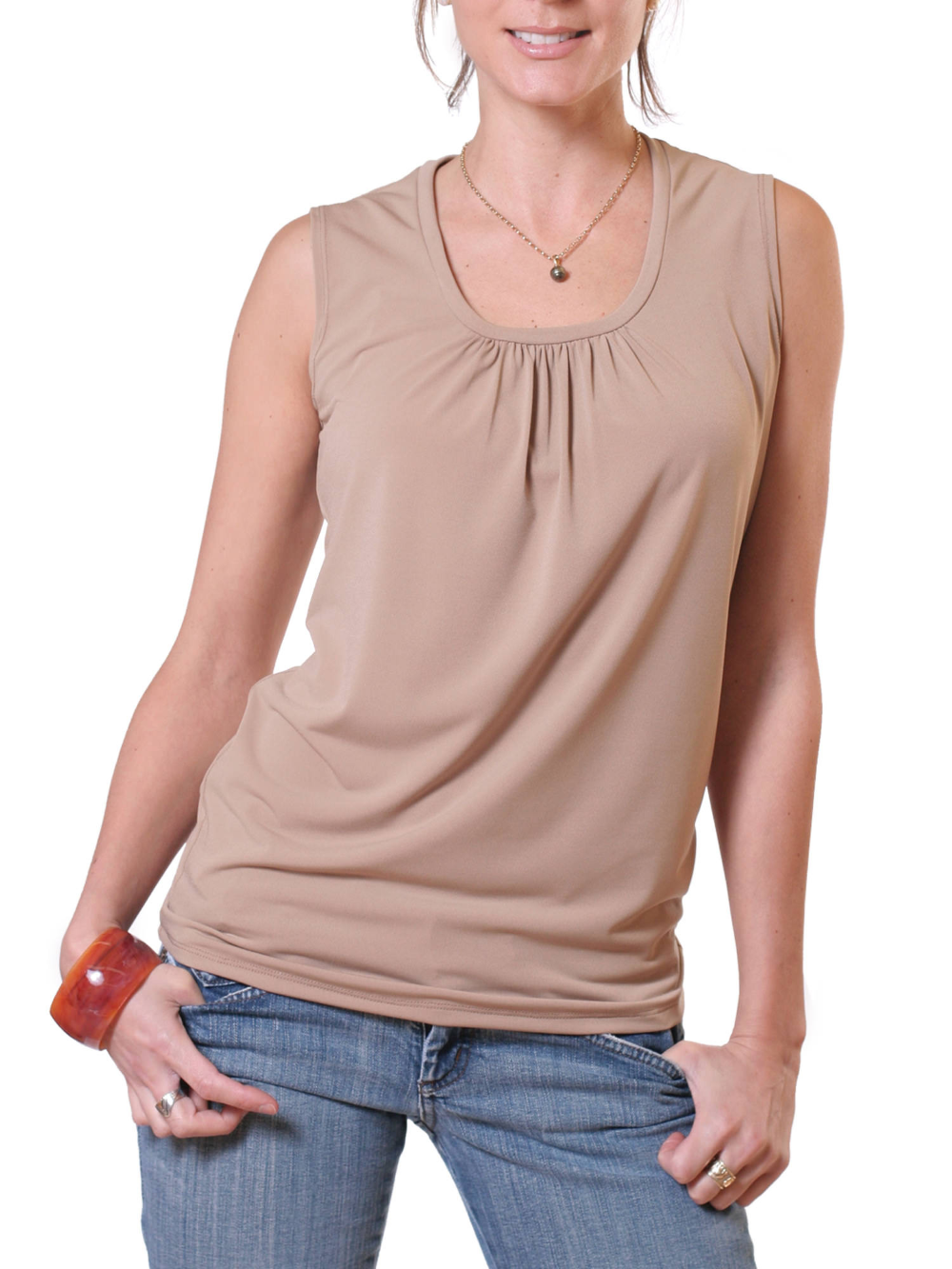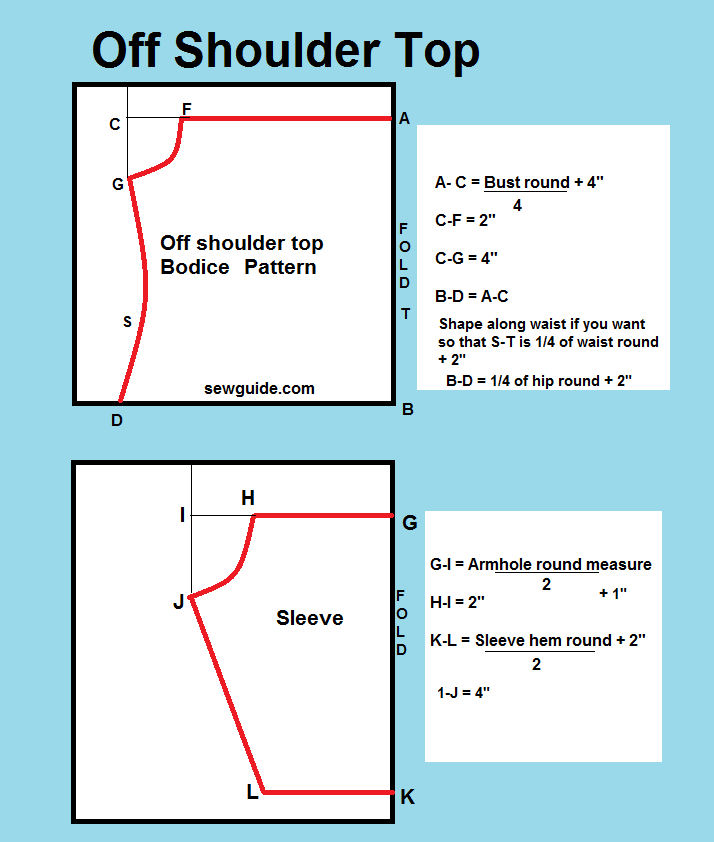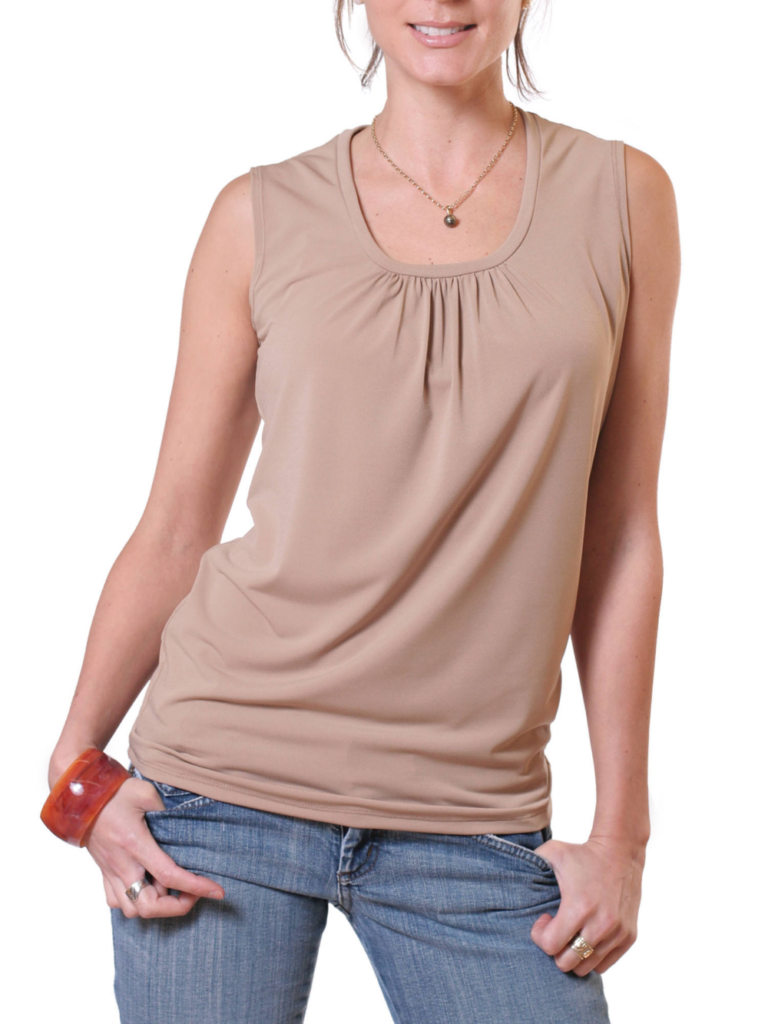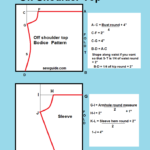Crop Top Off Shoulder Long Sleeve Printable Sewing Pattern – The patterns for sewing printed on paper are digital sewing patterns that can be downloaded and printed at home. They provide a simple and economical alternative to standard paper sewing patterns. This article we will describe how to print and stitch a sewing pattern as well as how to modify and alter sewing patterns to be suitable, how to select the appropriate fabric to make your project a success, and provide some sewing tips and tricks to improve your sewing skills.
How to print and set up a sewing pattern
Preparing your printer:
- Make sure that your printer has been at “actual size” or “100% scaling”
- Use a high-quality printer for best results
- Test print a portion of the pattern to test accuracy
Designing and printing the patterns:
- Print the pattern on an enormous format printer or make multiple sheets
- Use lighter paper to help make sewing and cutting easier
The pattern pieces must be assembled:
- Cut each pattern piece along the outer edge
- Take note of the numbered notches or marks on each piece
- Use tape or glue to join the pieces
Cutting out the pattern:
- Adhere the pattern to your fabric following the cut layout supplied
- Use sharp fabric scissors to cut out the pattern pieces
- Mark any notches or marks on the fabric
Modifying and adjusting sewing patterns to fit
Take accurate measurements:
- Find your body’s key points, like the bust, hips, waist and waist.
- Use a flexible measuring tack and measure over undergarments or garments that closely resemble those you’ll wear on your final dress
- Note your measurements on paper or digital chart to be used for future study
Longening or shortening pattern pieces:
- Find the distance between lengthen and shorten lines on the pattern piece and determine the amount you need to adjust
- Cut the pattern piece to fit the lengthen/shorten line
- Use a ruler to extend or reduce the size of the pattern piece until it is the desired length
- Tape or glue the pattern piece back together
Adjusting the fit of pattern:
- Create a toile or muslin of the pattern and test the fit
- Mark or pin areas which require adjustments like the bust or waist
- Redraw the pattern using a ruler. the pattern lines to accommodate the adjustments
- The new pattern can be tested by sewing another muslin toile , before cutting into your fabric
Selecting the best fabric for your sewing project
Factors to think about when picking fabrics to choose:
- The type of item or garment made
- Level of experience with the fabric kind
- Personal style and personal preference
- Care instructions for fabric
Recommendations for fabrics to suit different kinds or sewing tasks:
- These are cotton fabrics or blended cotton for quilting, tops and dresses
- Linen, linen blends and linens for outdoor clothing and interior decor
- Wool or wool blends to make coats and outerwear.
- Knits for activewear and t-shirts
Sewing tips and tricks
Tips to make your sewing successful:
- Use high-quality thread and needles appropriate for the fabric
- Always make sure to test your stitch on a scrap piece of fabric before stitching the final project
- Press seams , hems and seams for a Professionally finished seams
- Pause frequently to avoid fatigue and strain on your eyes.
Sewing techniques to boost your sewing skills:
- Learn basic stitches and techniques, such as the backstitch, basting, and Hemming
- Try sewing curves, corners and curves to achieve a neat look
- Explore different seam finishes such as French seams and bias binding
Hacks for sewing and other variations
- Make use of decorative stitching or embroidery to add interest to a simple garment
- Add pockets or other functional elements to customize the design
- You can experiment with dyes for fabric or paint to create unique designs
Conclusion
The printable sewing patterns provide an easy and cost-effective option for sewing enthusiasts of all levels. With the right equipment and skills, you are able to create beautiful, personalized clothing as well as accessories that are perfectly fitted. Remember to make precise measurements take note of the correct fabric, and work on your sewing skills consistently. Sewing is fun!






